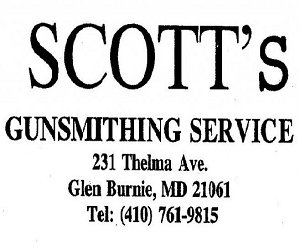krashmania
Still dont know anything
I know I'll be buying a 357 revolver soon, and I understand that while 38 isn't the most expensive out there, it definitely isn't the cheapest either. Would this be your suggestion to start with? Like buy a press here, powder there, shells over there, and just kind of work my way there? I want to do this, not just because of money saving, but it seems like a fun hobby to get into as well.
So, start with this, or with 9mm, as I already have the gun for that?
What would I need to start, and average cost to start?
Sent from my VS910 4G using Tapatalk 2
So, start with this, or with 9mm, as I already have the gun for that?
What would I need to start, and average cost to start?
Sent from my VS910 4G using Tapatalk 2



 )
)